Suan Dusit University (SDU), Trang Education Center, has taken a proactive role in developing and disseminating sustainable technologies aimed at supporting the conservation of aquatic ecosystems and the responsible utilisation of marine resources. Recognising that coastal communities depend heavily on seafood production, SDU integrates academic expertise with community outreach to promote technological practices that minimise waste, enhance resource efficiency, and prevent environmental damage to marine and freshwater systems.
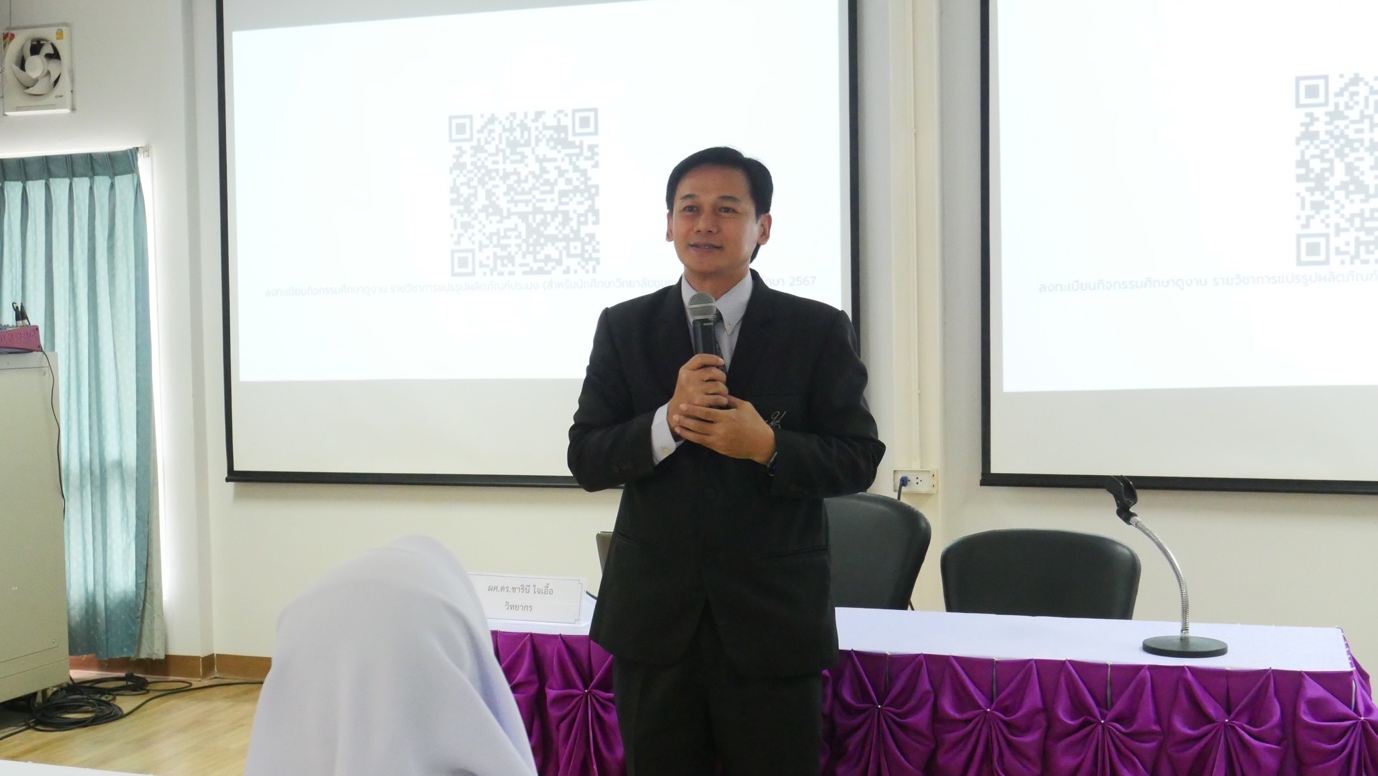
In 2024, the university organised an academic service programme titled “Seafood Processing Technology and Study Visit Program”, conducted in collaboration with Narathiwat Community College. The activity took place from 3–4 October 2024 at SDU Trang’s Halal Food Laboratory, under the leadership of Dr. Songsak Chayanukroh, Director of Trang Education Center. The event began with a welcome session followed by an academic lecture on “Guidelines for Developing Seafood Products for Commercial Distribution and Basic Knowledge on Food Business Management.” The training continued with hands-on workshops on sustainable seafood processing, including the preparation of fish sausages and seafood pasta, facilitated by lecturers from the Program in Culinary and Service Technology.
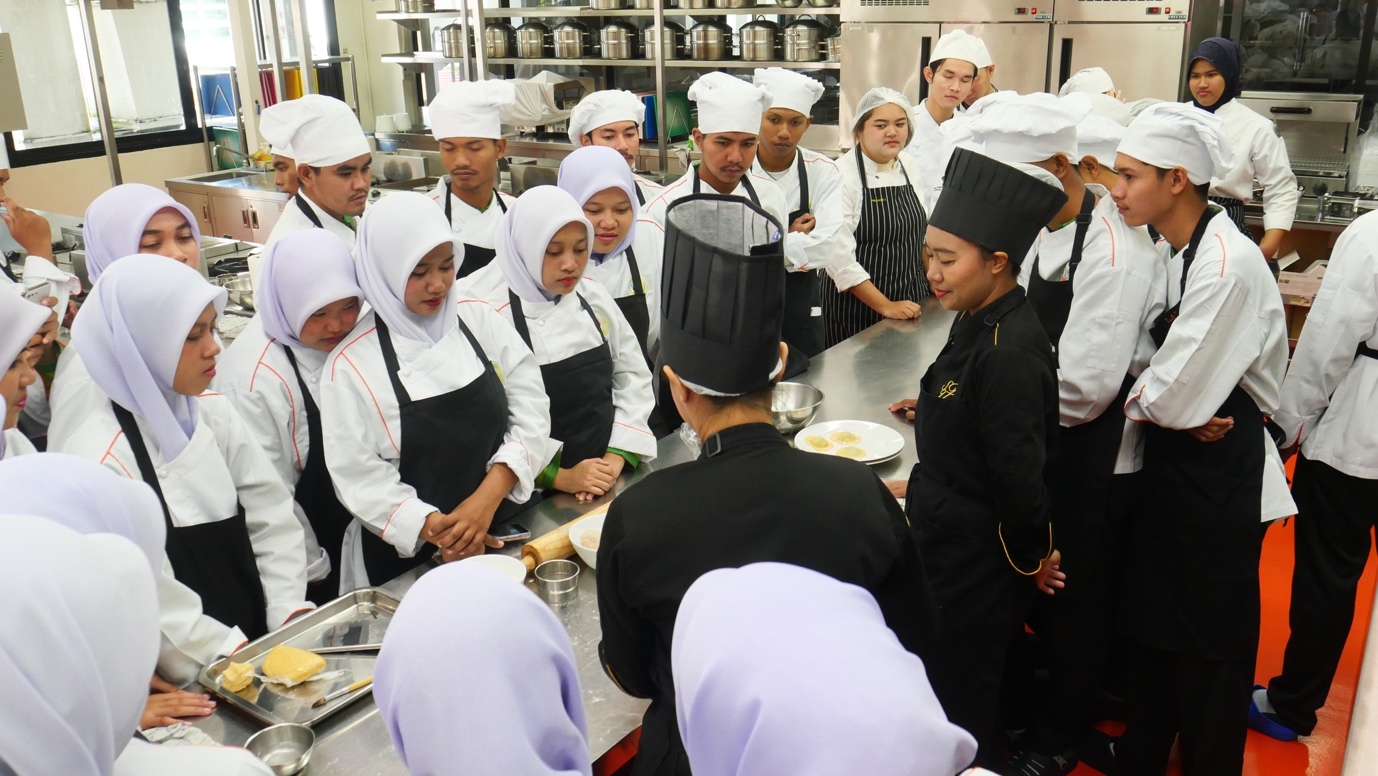
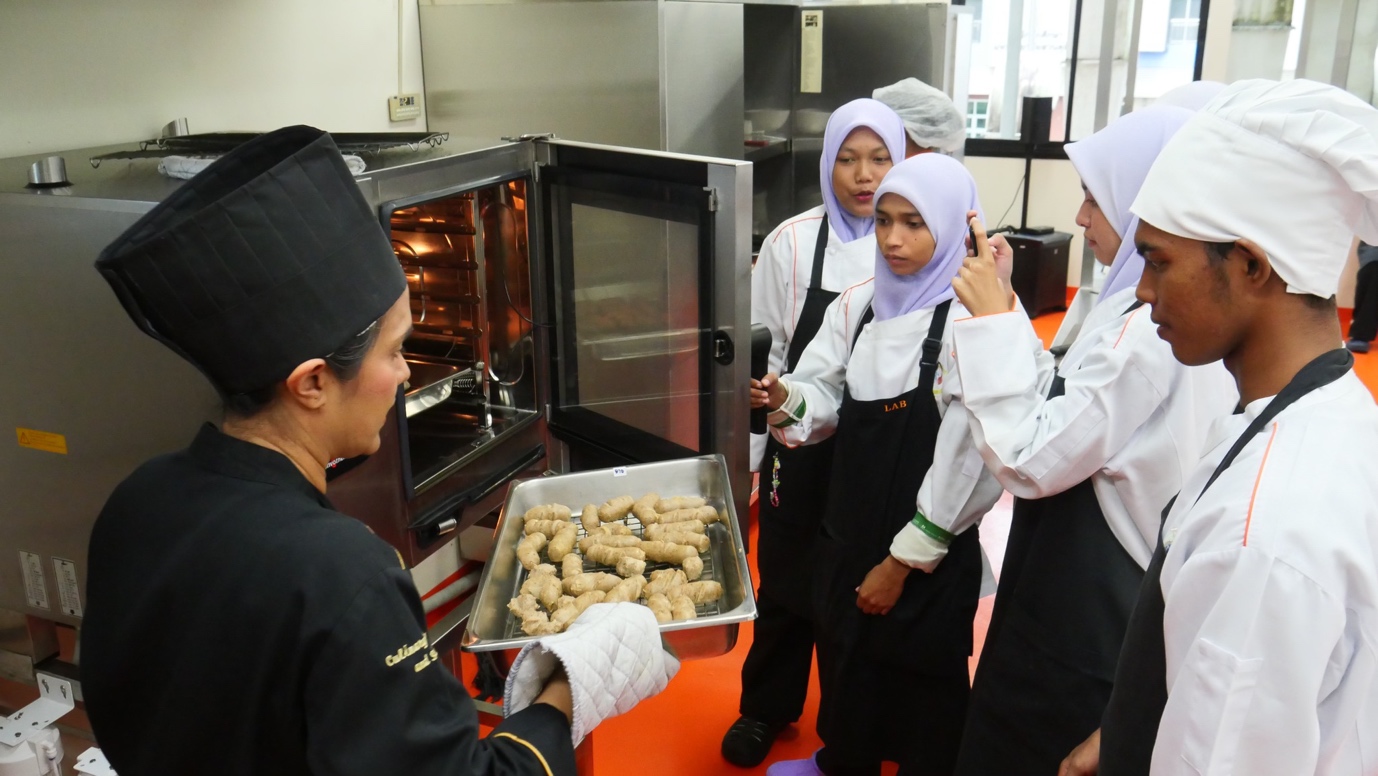
The programme’s primary objective was to transfer sustainable seafood processing technologies that enable local communities and small-scale producers to reduce raw material losses and adopt environmentally responsible practices. Participants were trained to apply food preservation and processing techniques that minimise waste and avoid harmful chemical usage, thereby preventing pollution in aquatic environments. The workshop also promoted the use of biodegradable packaging and introduced equipment and processing systems designed to improve resource efficiency and reduce wastewater discharge from food laboratories and small-scale processing facilities.
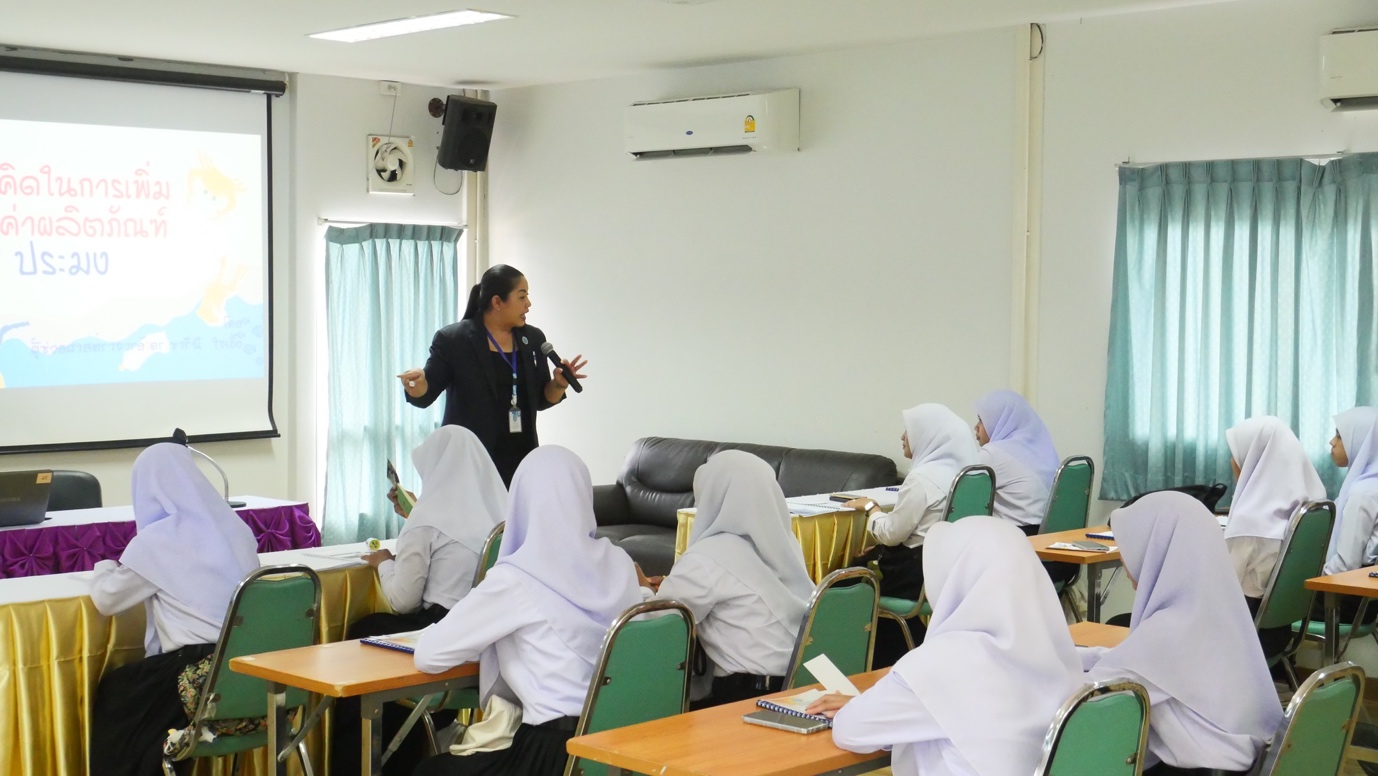
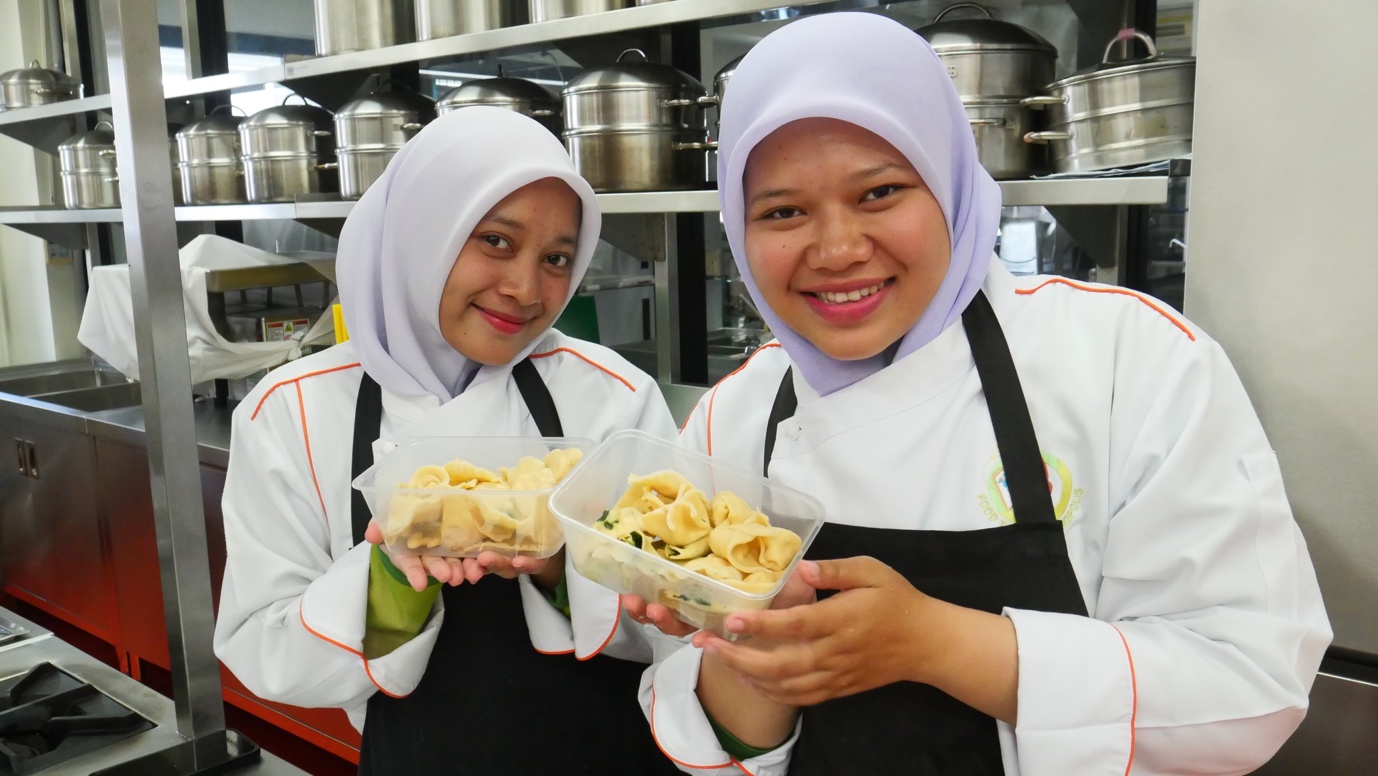
Tangible Outcomes and Impacts:
- Environmental Impact: The programme introduced technologies and processing methods that reduce waste and extend the shelf life of marine products, lowering fishing pressure and helping to preserve biodiversity within aquatic ecosystems.
- Economic and Community Impact: Participants from coastal areas of Narathiwat Province gained practical knowledge to develop value-added seafood products and establish small-scale enterprises, contributing to local economic resilience and sustainable livelihoods.
- Educational and Technological Impact: The initiative exemplifies the integration of academic teaching, applied research, and technology transfer, enabling students, faculty, and community members to understand sustainable resource management through real-world applications aligned with circular economy principles.
Through this project, Suan Dusit University demonstrates direct work in developing technologies and practices that help prevent or minimise damage to aquatic ecosystems. The collaboration between SDU and Narathiwat Community College represents a model of academic–community partnership that promotes sustainable seafood processing, environmental stewardship, and innovation for social impact. This initiative stands as direct evidence of SDU’s commitment to SDG 14.3.4, illustrating how higher education can drive sustainable technological advancement while protecting the oceans, seas, and marine biodiversity for future generations.
